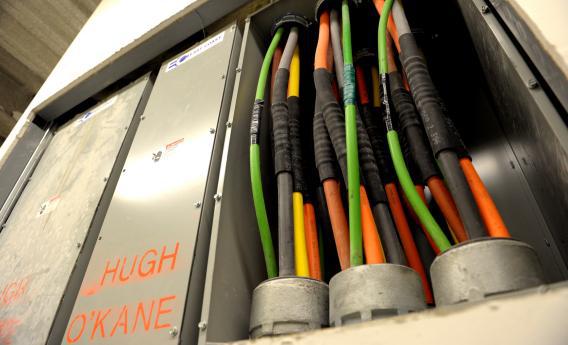Wallace Turbeville has an interesting piece in the American Prospect noting that some recent academic research touting the benefits of high-frequency trading and (even more strikingly) an op-ed in Politico by the same author was underwritten by Citadel LLC. You’ll be amazed to learn that Citadel LLC is a leading high-frequency trading firm. Surprise!
What strikes me about Jones’ research, however, is not its funding but how shallow the issues it considers are. His basic case for high-frequency trading is that it narrows bid-ask spreads and increases market liquidity. That’s easy to see. Imagine a world of ultra-low frequency trading, where financial markets are closed except for one hour on Tuesday mornings. In a world like that, pricing imperfections might linger for weeks or months and it could be difficult to unwind positions quickly. Increasing the frequency of trading would clearly help. So that’s good. Price efficiency is good, liquidity is good, and healthy financial markets need lots of traders and lots of trading.
But what about diminishing returns? Was there some catastrophic lack of liquidity effecting American financial markets fifteen years ago? The private financial rewards from speeding trades up from the millisecond pace to the microsecond pace are large, but the social gains to liquidity provision on that scale seem like they’d have to be tiny. I don’t understand what problem food truck regulations are supposed to solve and I equally fail to understand what problem marginal increases in liquidity and price discovery are supposed to solve at this point. On the flip side, beyond financial stability worries I think we should be genuinely concerned about the “brain drain” issue here. One possibility is that the financial rewards available to people who develop better and faster trading algorithms creates incentives for people to invest in computer science skills and increases America’s supply of engineering talent. Another more plausible possibility is that the supply of engineering talent is fairly inelastic, and the financial rewards available in high frequency training mostly serve to divert it into zero-sum competition.
That’s not a rigorous empirical study from me, it’s mostly intuition. But those are the concerns I have, and if the industry is going to finance research those are the issues it shoudl try to set my mind at ease about.
